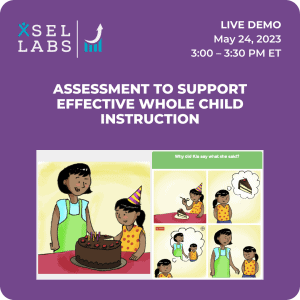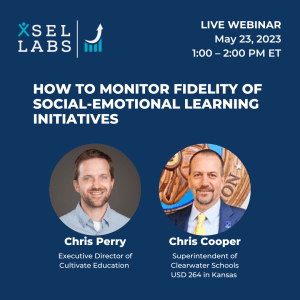For the past few days, the phrase, “a more perfect union” has come to mind, as in the preamble to the U.S. constitution, which starts, “We the people, in order to form a more perfect union…do ordain to… [and you know the rest].” This opening to the Constitution memorializes forever the notion that our union is not perfect and that the common cause that binds us is our eternal struggle to become better (“more perfect’), even if we never achieve perfection.
Certainly, when the Constitution was ratified, the union needed a lot of perfecting—back then, the Constitution permitted slavery, for example, and that abhorrent institution was thus woven into the fabric of our legal system and our society. Although we have moved forward in many ways, recent events have made clear to all what Black Americans have known for a long time—we have a long way to go.
There is no easy resolution to this struggle and right now, we will not issue any toolkits or guidelines that might imply otherwise. But we are committed to doing our part to creating a more perfect union, one that values Black lives and contributes to a more just world. As our friends in other organizations have said, we are lucky to work in support of educators and the systems they work in. We believe educators can create conditions for the next generation to do better than the generations that have come before. We strive to help them do that.
But it is no easy task. We know how hard systems change is—it is a challenge even for our simple assessments to be integrated into schools in ways that ensure they effectively inform practice. And yet we believe that with the right tools, the right supports, the right leadership, always backed by evidence, schools can engage in consistently excellent instruction, including in social and emotional learning, and in so doing, nurture a generation prepared to meet the imperfections of their day with a grace and wisdom that often seems absent today.
We will continue to play our part in supporting that effort. We recognize, however, that continued work to support the common good is not enough to address the imperfections that continue to mar our union. SEL alone is not enough to create justice.
So where do we go from here? We can perhaps take our cues from luminaries in the field of SEL who have articulated a vision of SEL as a force not just for the general good, but for the just world that our Union promises, and too often fails to deliver.
I think of the work of Rob Jagers, who, along with Debora Rivas-Drake and Teresa Borowski, wrote a must-read brief reconceptualizing CASEL competencies to incorporate knowledge, skills, and dispositions youth need to both navigate in a diverse world, and contribute constructively, and justly, to that world. Or the work of Dena Simmons, whose insightful perspective on race and SEL are helping to bring the field forward in ways that it can more deeply contribute to perfecting the union.
Never have their words, or the words of other leaders speaking about race and equity in the U.S., rung more true, or seemed more urgent. As we move forward in our work, we will look for opportunities to contribute to the project of creating a more perfect, and just, union. As strong proponents of evidence, we believe it is important to measure the impact of all initiatives, including those focused on social justice, and we stand ready to support the development of that evidence. As citizens concerned about the state of our fragile union, we also commit to taking a broader view of SEL—like the one Rob Jagers and his colleagues articulated—in conceptualizing and executing our daily work.
The U.S. Constitution offers no guarantee of justice. It is in our myriad acts—of kindness or cruelty; compassion or callousness; engagement or apathy—that we move closer to, or further from, the more perfect union described in the preamble. We will work to support one another in choosing the side of justice, now, and in the future.



